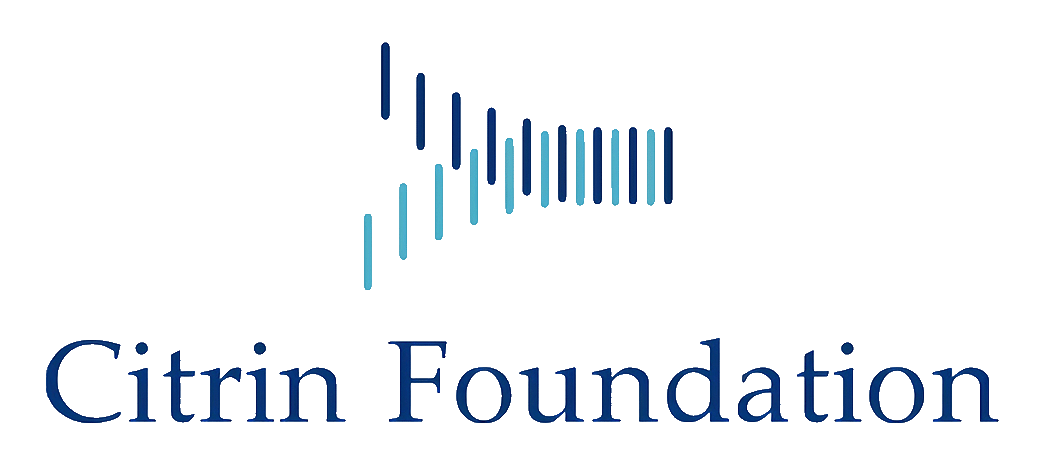The onset of Adolescent and Adult Citrin Deficiency (AACD)* is not yet fully understood although there are a few triggers that are thought to contribute to its development (e.g., alcohol, overconsumption of carbohydrates or sugars, serious infections, certain medications) [Okano et al. 2019]. As such, this is one of the primary areas on which the Foundation is focusing and is actively funding research to elucidate factors that may lead to the onset of AACD*. It is very important that patients avoid alcohol consumption, which is reported to result in hyperammonemia. Glycerol or high fructose infusions should also be avoided as it has been reported to rapidly worsen patients’ conditions [Takahashi et al. 2006, Saheki & Song 2005; last updated 2017]. Some reports also suggest avoiding acetaminophen and rabeprazole as they might induce AACD* [Okano et al 2019]. From what we have understood so far, the best way to prevent the onset of AACD* is through proper diet management (high protein and fat, low carbohydrate diet) and MCT supplementation. MCT is reported to be helpful for AACD* and is recommended to be included in the patient’s diet [Hayasaka et al. 2014; Hayasaka et al. 2018].
* Previously known as Citrullinemia type 2 (CTLN2)
